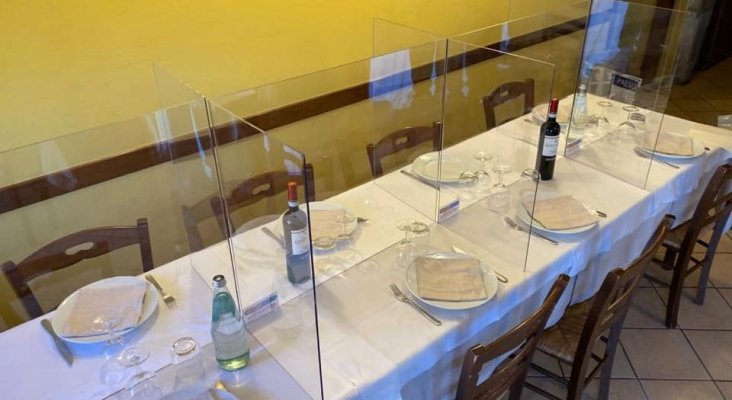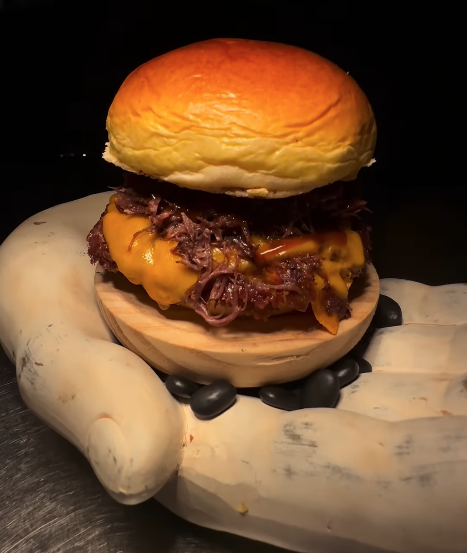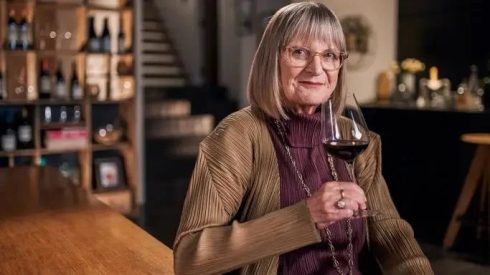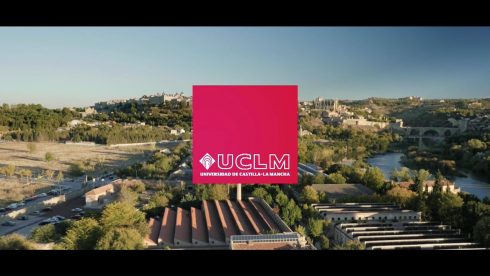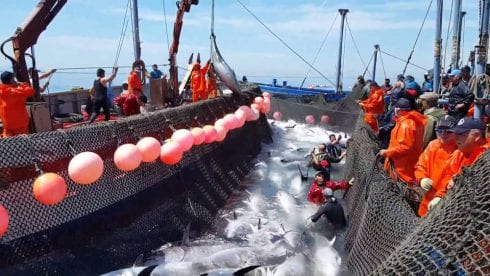Would a hotel buffet be relaxing if staff steam-clean your table between hermetically-sealed meals?
How would a candlelit dinner work without the ability to squeeze your partner’s hand as he/she drops bolognese into his/her lap?
And how to stop a COVID-19 patient from infecting staff and customers?
These are the questions thousands of Spanish restaurateurs, cafe-owners and hoteliers will be asking themselves as Spain begins to unpick its coronavirus quarantine.
The government has taken tentative steps towards normality with children under 14 the first to be allowed out from April 27 – but Spain’s Minister of Labour, Yolanda Diaz, last week suggested the hospitality and tourism sectors may not open until the end of 2020.
It’s a massive blow for the 300,000 hospitality establishments, employing 1.7 million while generating €123.6 billion – 6.2% – of the Spanish economy.
With nothing confirmed, business owners are nevertheless preparing to reopen to a world unbelievably different to any we’ve seen before.
THROUGH THE LOOKING GLASS
Last week, Italian manufacturer Nuova Neon Group announced their design for ‘plexiglas cubicles’ to protect beachgoers from coronavirus infection.
The same company has this week announced the design of custom-made screens for restaurants.
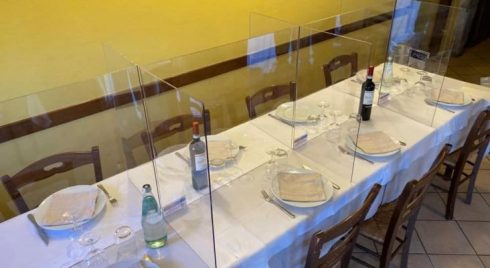
Madrid restaurateurs have already had the same idea. El Viejo Cafe, in the Leganes district, today released pictures of their custom-built screens designed to protect customers from coronavirus infection.
“We are trying out several ideas, but it’s clear that they are mere proposals and that we will have to stick to whatever rules the Ministry of Health says,” El Viejo Cafe owner Enrique Abanades, 59, told El Mundo.
He said it could be an idea for large breweries to sponsor the construction of screens, like with branded parasols, serviettes and beermats.
“We are going through difficult times and the future is not bright, but what we are trying to do is get ahead to offer our clients an absolute guarantee of safety”, added Abanades, who is also the president of a Leganes hospitality association.
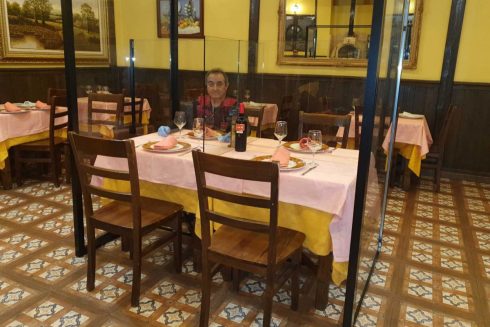
BIG BROTHER
Jose Luis Yzuel, president of the Hosteleria de España association, has other ideas.
His association, which represents 270,000 businesses, has plans for a ‘certificate’ to reassure customers of an establishment’s safety.
Requirements could include ‘thermal cameras’ to screen customers and prevent access to anyone suspected of having a fever, as well as distribution of disinfecting gels, deep-cleaning and mandatory testing of staff.
Yzuel added the use of ozone in air conditioning – to kill any airborne viruses – could also be part of protocols.
Tables will also be separated to respect social distancing rules.
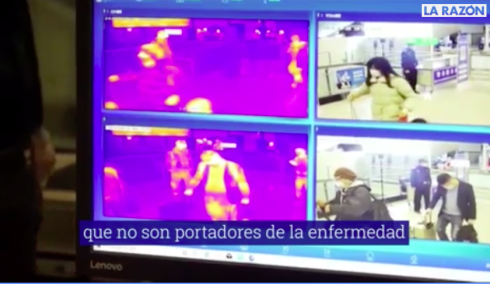
QUARANTINE IN PARADISE
“We want to be the safest hotel in all of Spain,” said Javier Pérez Jiménez, the managing director of the VP chain, which includes five-star hotel Plaza España Design.
He plans to carry out rapid coronavirus tests on every single customer, which may take place in a makeshift clinic ‘on the ground floor’ or in ‘an ambulance outside’ – report El Pais.
If a guest is healthy, they will proceed to reception and receive a welcome pack with personal protection equipment: gloves, face mask and hand sanitiser gel.
Even the hotel room’s television remote control will be covered in plastic, and every corner of the room have dispensers with disinfectant, Pérez Jiménez adds.
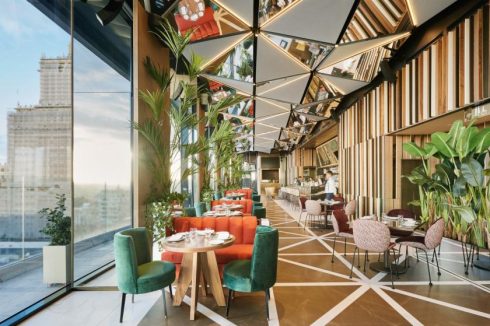
Breakfast will be a picnic basket with fruit and yogurt that guests will collect by keeping to a marked-out route.
Waiters will have to use steam cleaners in between meals.
Pérez Jiménez admitted to ‘paranoia’ over his plans to tackle COVID-19, but said his average hotel guest is over 50 and therefore an at-risk group.
“We are going to put dispensers [in the building] as though it were the end of the world. But it will not be the end. This is just a break,” he said.
The Madrid Hotel Business Association is also working on a proposal for a ‘Covid Free Hotel’ certificate to establishments that meet requirements.

